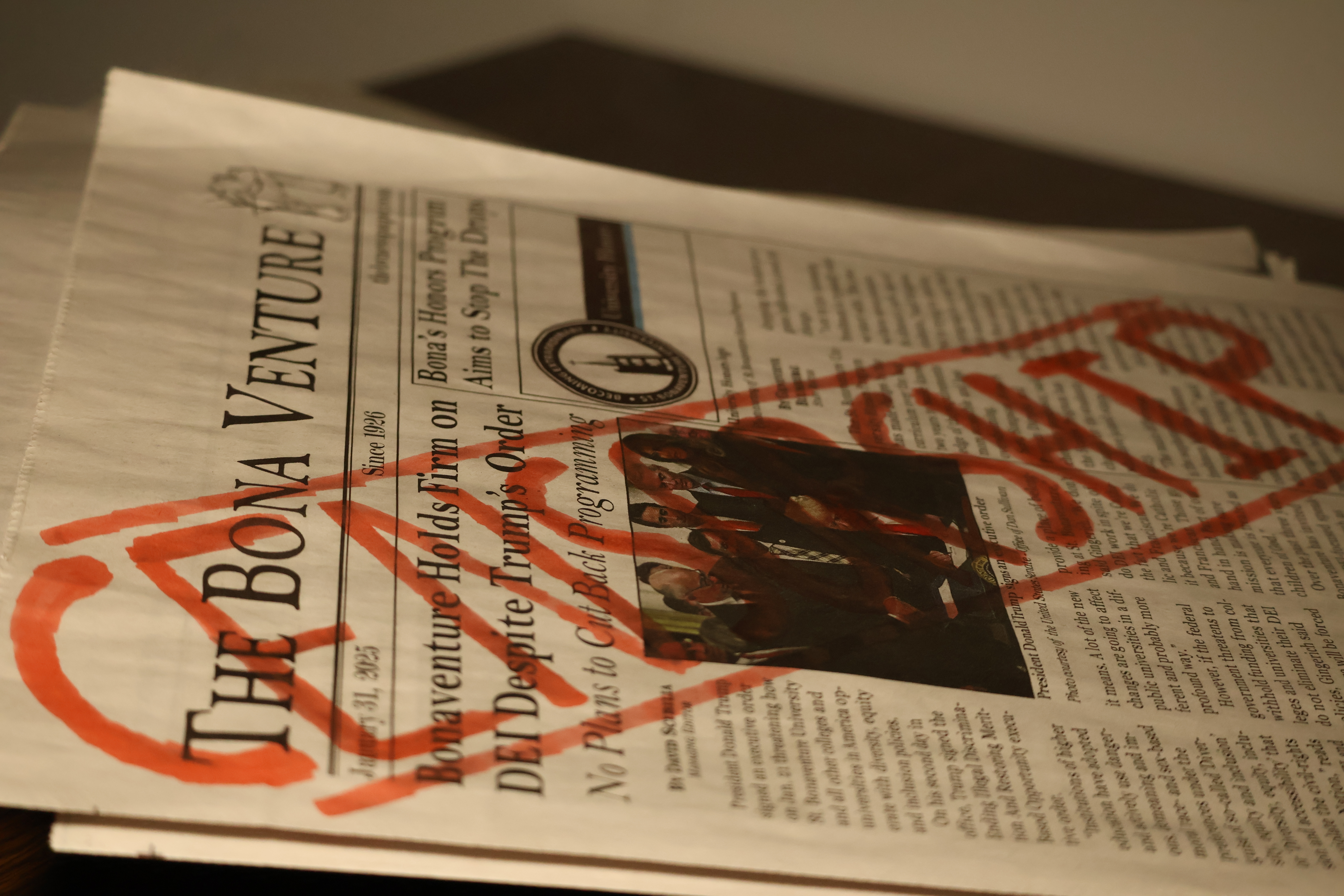By Kevin Rogers
Assistant Opinion Editor
Twitter can be a tool for good. It can promote the occasional righteous social cause. It can be a quick and easy way to get breaking news updates.
Of course, breaking news updates are only valuable when they contain accurate information. If they aren’t, Twitter becomes a tool for spreading falsehoods of the most ridiculous order.
When Politico columnist Roger Simon wrote a satire on the status of Mitt Romney’s campaign on Sept. 25, the Twitter liberal masses launched all 140 characters against the candidate and his running mate Paul Ryan.
The gist of Simon’s piece was this: Ryan, disappointed by Romney’s sagging poll numbers, has begun referring to his boss as “the stench” on the campaign bus. Simon took “the stench” line from a former Iowa Republican Party official who expressed concern that Romney could tarnish Ryan’s name in future elections. Simon went on to say Ryan, bucking his campaign masters, “has gone rogue” by working a PowerPoint presentation about the national debt into a campaign event. Simon even went so far as to describe the PowerPoint as a tool to “euthanize cattle.”
Given the cattle joke or describing the use of a PowerPoint presentation as going rogue, why should anything in the article be taken as fact? For anyone who read past paragraph three, the joke should have been evident.
Some people in the media and Twitter world missed it. Based on reports from MSNBC host Lawrence O’Donnell on Sept. 25 and an online post by New York Times columnist Paul Krugman on Sept. 26 that presented the satire as fact, excited liberals took to Twitter to gloat about the discord between Romney and Ryan.
Hashtags like #TheStench and #MoviesWithTheStench, began trending as some users gleefully compared Ryan’s reported insubordination to Sarah Palin’s undisciplined style. Others suggested Ryan had jumped ship on the campaign, sealing Romney’s electoral doom. With the animal delight of hungry wolves, the users jumped on the latest embarrassment to creep out of the campaign.
Of course, as the satire was revealed, the trends disappeared as users and pundits realized their foolishness. Simon issued a statement that poked fun at those who took his column seriously. Krugman has since struck out lines in his post, updating his post to refer to Simon’s “clumsy satire.”
It was a case study in how quickly information can be spread across Twitter. Several trending topics were devoted to a falsehood perpetuated by liberal commentators ready to fire at Romney at the first mention of a new controversy.
The commentators who presented the satire as facts should be held accountable for not taking the time to fact check before speaking. O’Donnell and Krugman have solid followings and a level of credibility among their respective audiences. Twitter users should probably use some discretion before posting, but if their media heroes tell them Ryan hates Romney, why wouldn’t they take it as fact?
However, in the rush for a new jab against Romney and Ryan, these pundits passed off satire as fact without checking. They sent their perceived “fact” to their national audience, who spread the “fact” across Twitter. Thus, a satire piece on Politico was ballooned into a broad, yet false, critique of the Romney/Ryan ticket.
Krugman and O’Donnell are pundits, but we can’t forget they are also journalists. It’s sloppy journalism to present satire as fact, especially in a world where information can move in a matter of seconds.
If there are a few over-zealous users on Twitter, one bad report can inspire thousands of tweets, all of them incorrect. Journalists (even pundits) need to be wary about their reports, lest such idiotically false reports spread.





